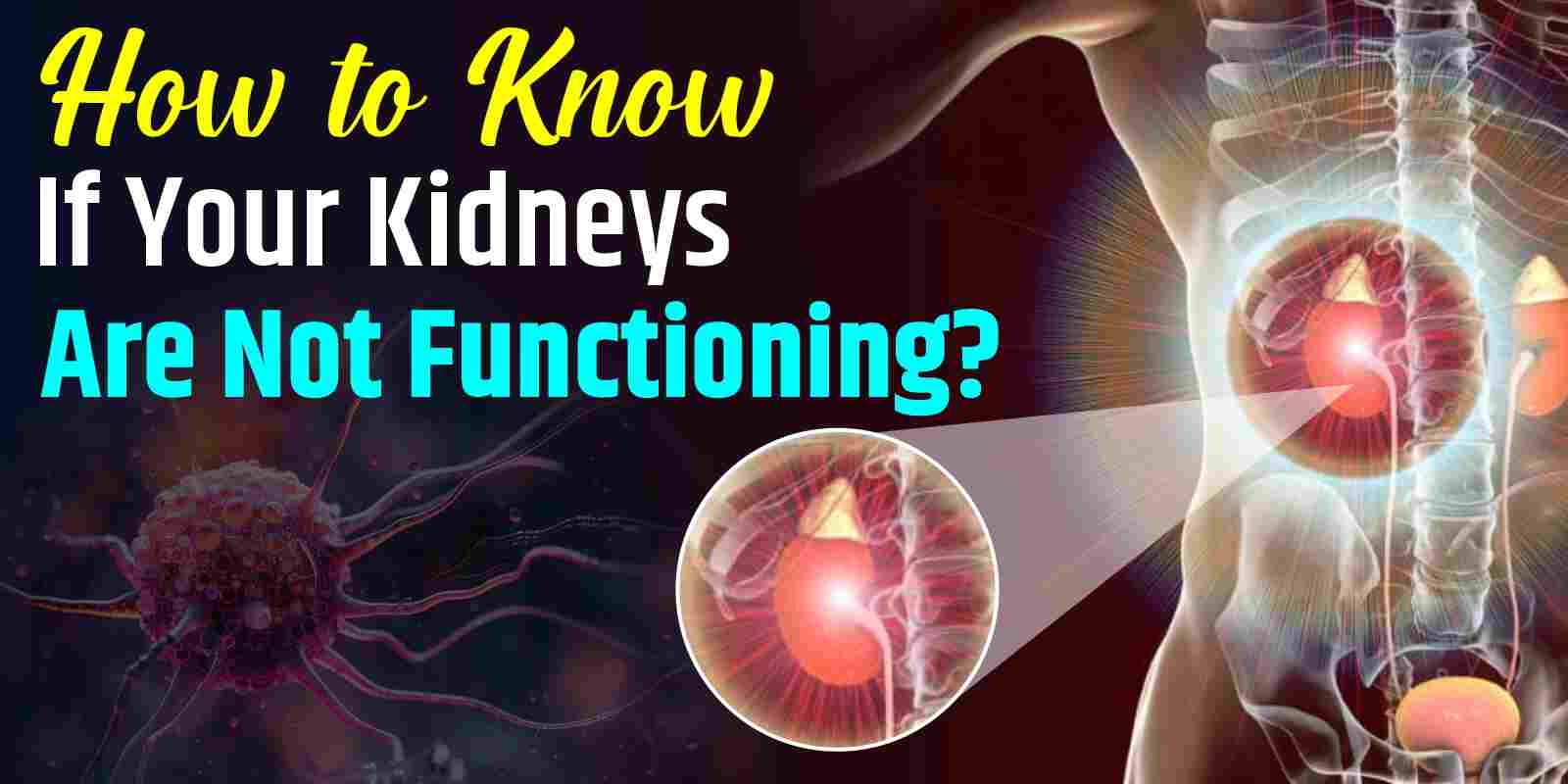
Your kidneys are like the unsung heroes of your body, quietly filtering waste, balancing fluids, and keeping your blood pressure in check. But when they start to struggle, the signs can be subtle at first, making it tricky to notice something’s wrong. Kidney dysfunction can creep up slowly or hit suddenly, and knowing what to look for can make all the difference. In this blog, we’ll walk through the key signs that your kidneys might not be functioning properly, why it happens, and what you can do about it via kidney treatment in Ayurveda, all in a way that feels like a conversation with a friend who’s got your back.
Before we dive into the warning signs, let’s talk about what your kidneys do. These bean-shaped organs, each about the size of your fist, sit just below your ribcage on either side of your spine. They filter about 120–150 quarts of blood daily, removing waste and excess water to make urine. They also regulate electrolytes, produce hormones that control blood pressure, and keep your bones strong. When they’re not working well, it’s like a domino effect; your whole body feels it.
Kidney problems can stem from chronic conditions like diabetes or high blood pressure, infections, genetic disorders, or even an injury. Sometimes, it’s a temporary hiccup (acute kidney injury), but other times, it’s a long-term issue (chronic kidney disease). Either way, catching it early is key.
Your body has a way of sending SOS signals when something’s off. Here are the most common signs that your kidneys might not be functioning properly:
Your kidneys make urine, so it makes sense that changes in how you pee are a big clue. You might notice:
If your trips to the bathroom feel off, don’t brush it aside. It’s worth paying attention to.
Kidneys help balance fluids. When they’re not working, extra fluid can build up, causing swelling (edema). You might notice puffy eyes, swollen ankles, hands, or feet. It’s not just “water weight”; it could be a sign your kidneys are struggling to flush out excess fluid.
Ever feel like you’re dragging, no matter how much you sleep? Kidney dysfunction can cause a buildup of toxins in your blood, making you feel wiped out. Plus, your kidneys produce a hormone called erythropoietin, which helps make red blood cells. If they’re not doing their job, you might develop anemia, leaving you tired and short of breath.
This one’s a bit unexpected, but kidney problems can cause waste products to build up in your blood, leading to intense itching. It’s not like a mosquito bite itch; it’s persistent and can be all over your body. If you’re scratching like crazy and lotions aren’t helping, your kidneys might be trying to tell you something.
Your kidneys and blood pressure are like dance partners. If your kidneys aren’t working well, they can’t regulate blood pressure properly, which can cause it to spike. On the flip side, uncontrolled high blood pressure can damage your kidneys, creating a vicious cycle. If your BP is suddenly harder to control, it’s worth checking in with your doctor.
Fluid buildup from kidney dysfunction can sneak into your lungs, making it harder to breathe. You might feel like you can’t catch your breath, even when you’re just sitting still. Anemia from low red blood cell production can also make you feel winded. If you’re huffing and puffing more than usual, don’t ignore it.
When toxins pile up because your kidneys aren’t filtering properly, it can mess with your stomach. You might feel queasy, lose your appetite, or even throw up. It’s not always dramatic, but if you’re suddenly turned off by your favorite foods, it could be a red flag.
Sometimes, kidney issues come with physical discomfort. You might feel a dull ache or sharp pain in your lower back or side, near where your kidneys sit. This can happen with infections, kidney stones, or other issues. If the pain comes with fever or urination changes, it’s time to get it checked out.
If you’re noticing one or more of these symptoms, don’t panic; but don’t wait, either. Kidney problems are easier to manage when caught early. Your doctor might order:
While some kidney problems need medical treatment, you can take steps to keep your kidneys happy:
Your kidneys work hard, and they don’t always make a fuss when they’re struggling. But your body’s signals like changes in urination, swelling, or exhaustion are like little notes from your kidneys asking for help. If something feels off, trust your gut and talk to a healthcare provider. Early action can protect your kidneys and keep you feeling your best.
If you’re worried or just want to learn more, reach out to your doctor or a kidney specialist. You’ve got this and your kidneys will thank you for listening to them.
For those exploring natural support options, ayurvedic treatment for kidneys function can complement conventional care. Many have also found hope through kidney treatment in Ayurveda, especially when modern treatments feel overwhelming or slow to show progress. Curious where to start? Learning more about Ayurvedic treatment for kidneys function might help you find a gentle yet powerful approach to healing.

Certificate no- AH-2023-0186
JAN 05,2023-JAN 04,2026
"Ayurveda is not just a system of medicine; it's a way of life. Connect with us to embrace a lifestyle that nurtures your body, mind, and soul."
Book Consultation Now